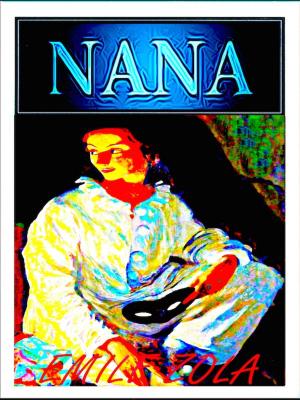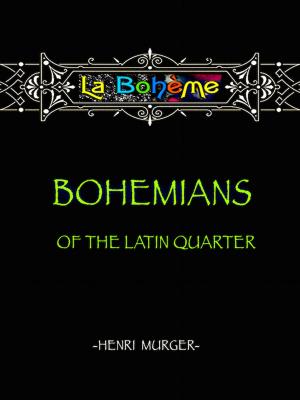| Author: | Sir Thomas More | ISBN: | 1230000378710 |
| Publisher: | Editions Artisan Devereaux LLC | Publication: | April 21, 2015 |
| Imprint: | Language: | English |
| Author: | Sir Thomas More |
| ISBN: | 1230000378710 |
| Publisher: | Editions Artisan Devereaux LLC |
| Publication: | April 21, 2015 |
| Imprint: | |
| Language: | English |
With the publication of Utopia, Thomas More provided a scathing analysis of the shortcomings of his own society, a realistic suggestion for an alternative mode of social organization, and a satire on unrealistic idealism.
Over the centuries, Utopia has become an immensely influential text with its satire, and satirical asides such as how “honest” people are in Europe, contrasted with the simple, uncomplicated society of the Utopians.
SIR THOMAS MORE (1478-1535) was an English lawyer, author, and statesman who in his lifetime gained a reputation as a leading humanist scholar, and occupied many public offices, including Lord Chancellor (1529 1532), in which he had a number of people burned at the stake for heresy. More coined the word "utopia", a name he gave to an ideal imaginary island nation whose political system he described in his masterwork published in 1516.
With the publication of Utopia, Thomas More provided a scathing analysis of the shortcomings of his own society, a realistic suggestion for an alternative mode of social organization, and a satire on unrealistic idealism.
Over the centuries, Utopia has become an immensely influential text with its satire, and satirical asides such as how “honest” people are in Europe, contrasted with the simple, uncomplicated society of the Utopians.
SIR THOMAS MORE (1478-1535) was an English lawyer, author, and statesman who in his lifetime gained a reputation as a leading humanist scholar, and occupied many public offices, including Lord Chancellor (1529 1532), in which he had a number of people burned at the stake for heresy. More coined the word "utopia", a name he gave to an ideal imaginary island nation whose political system he described in his masterwork published in 1516.















